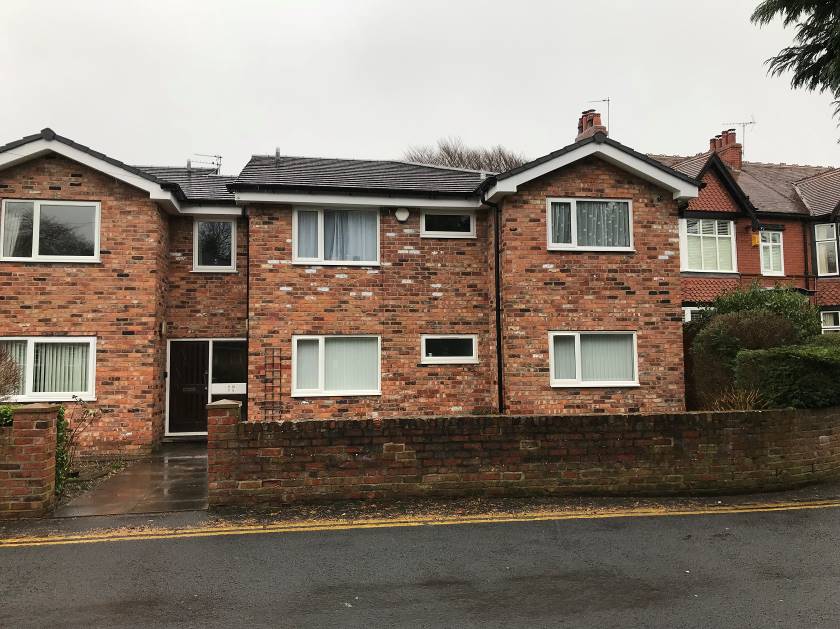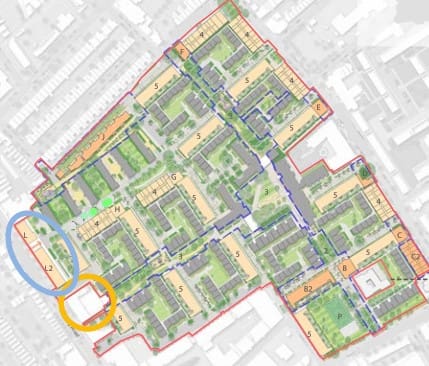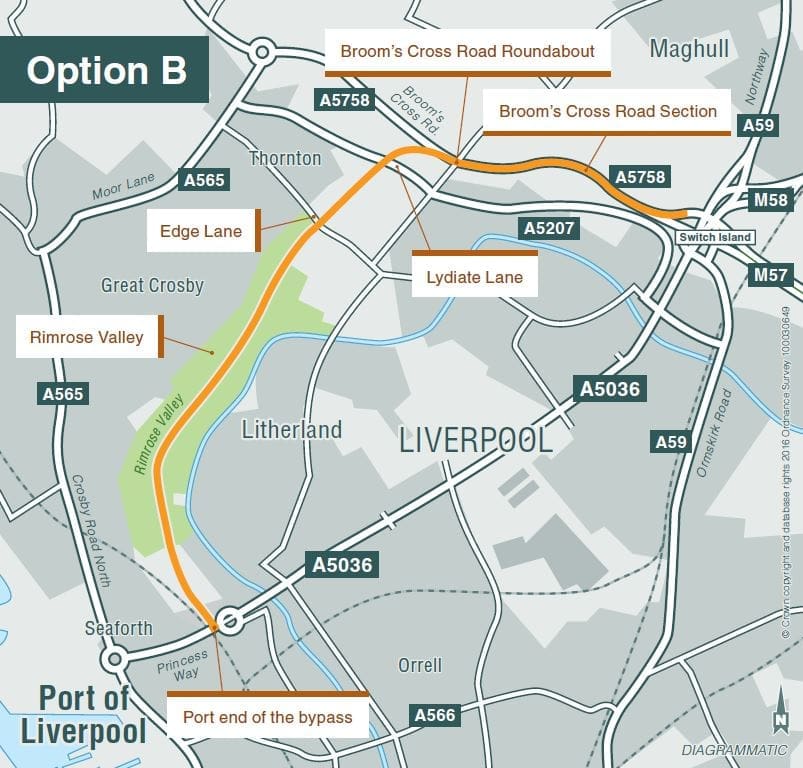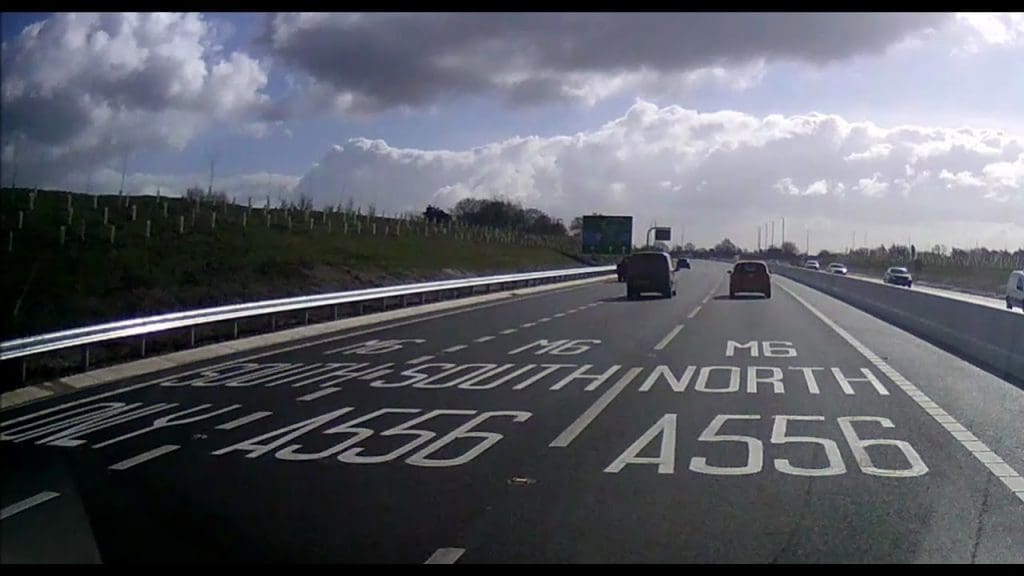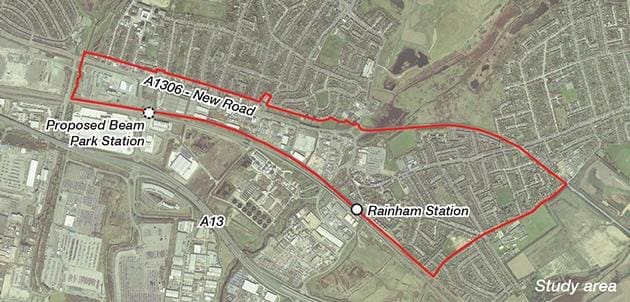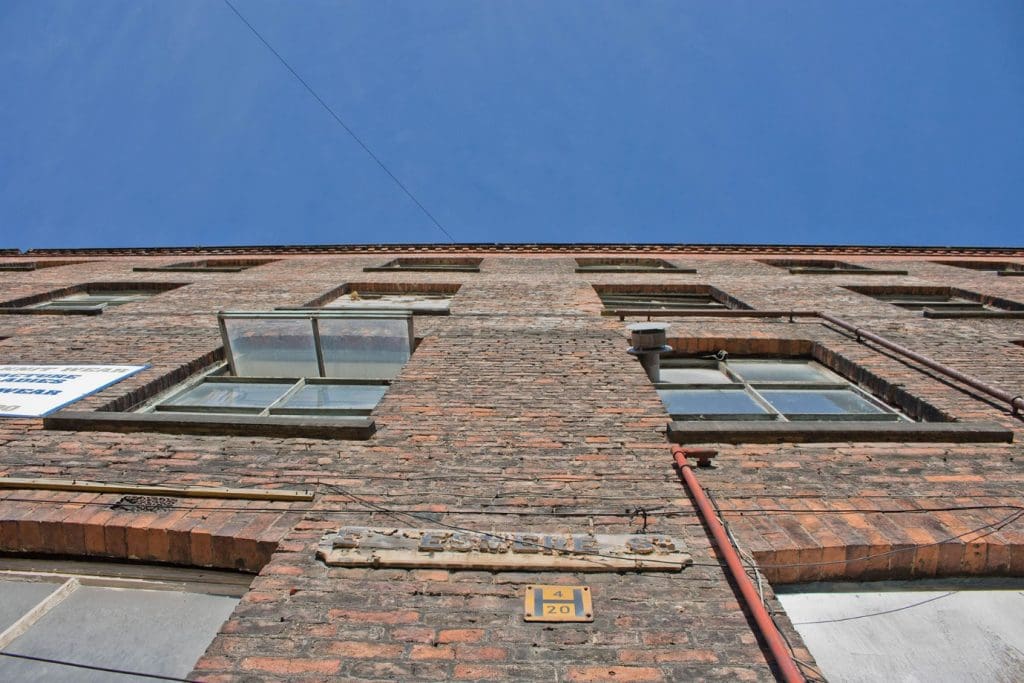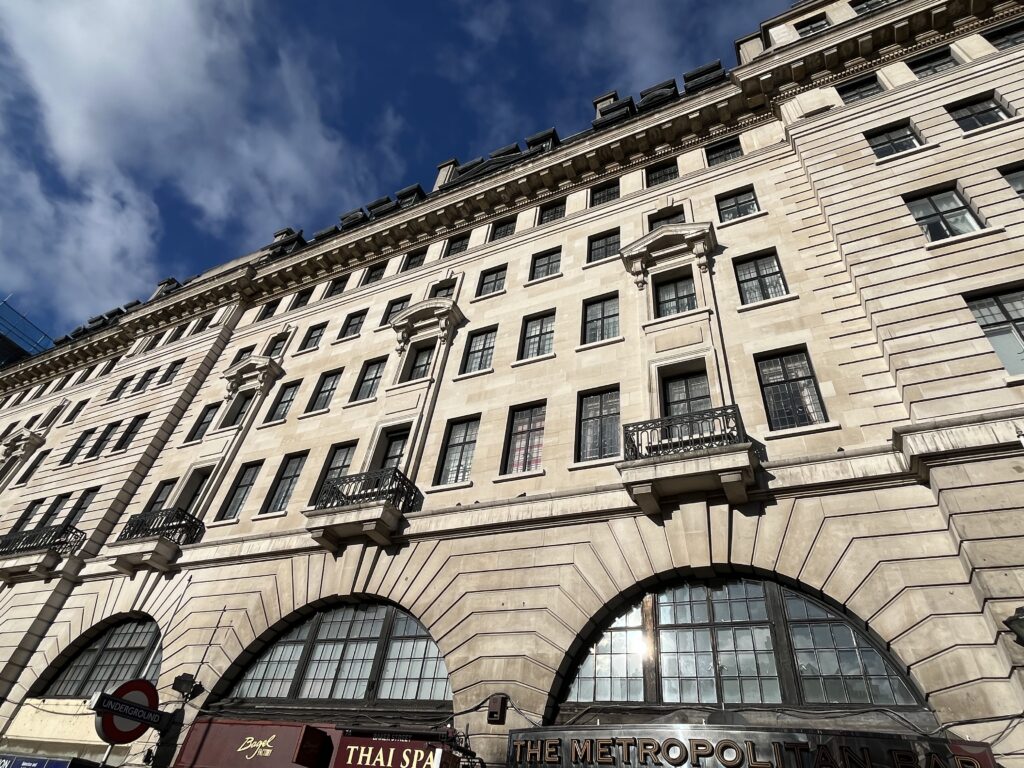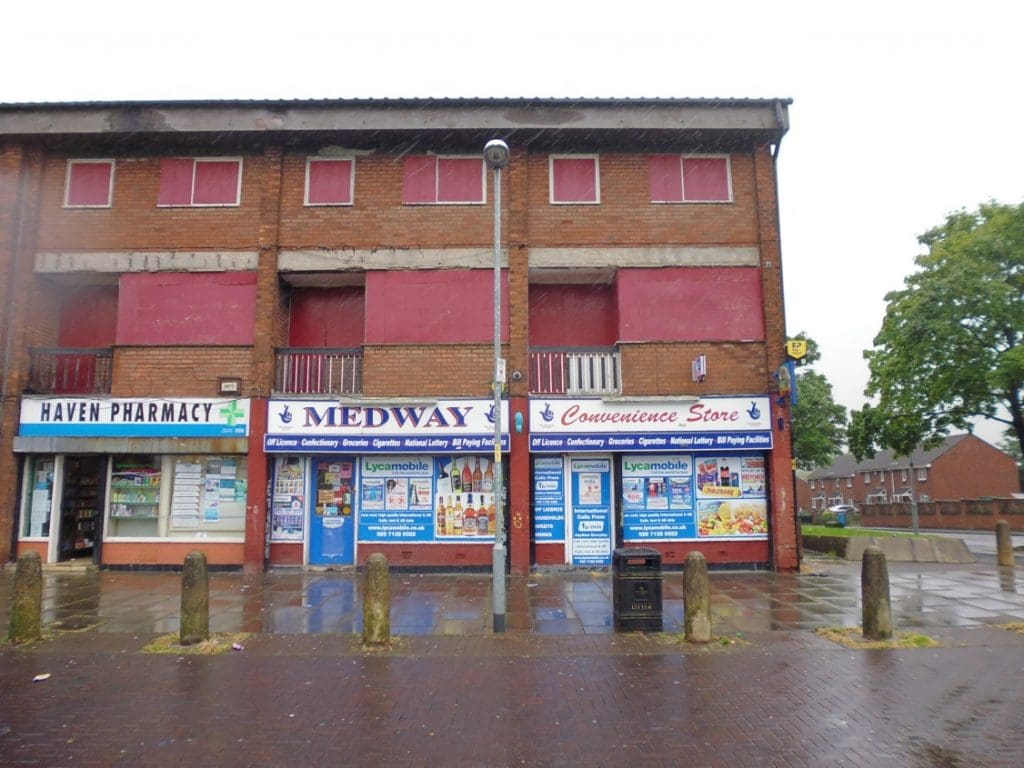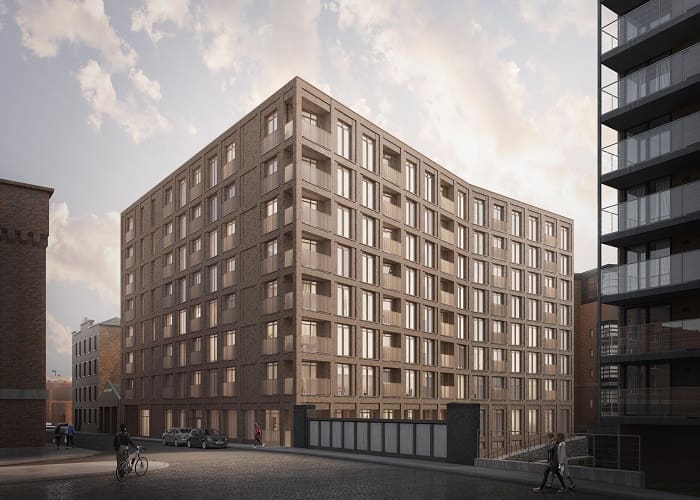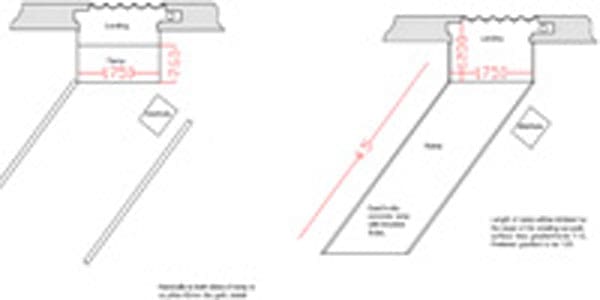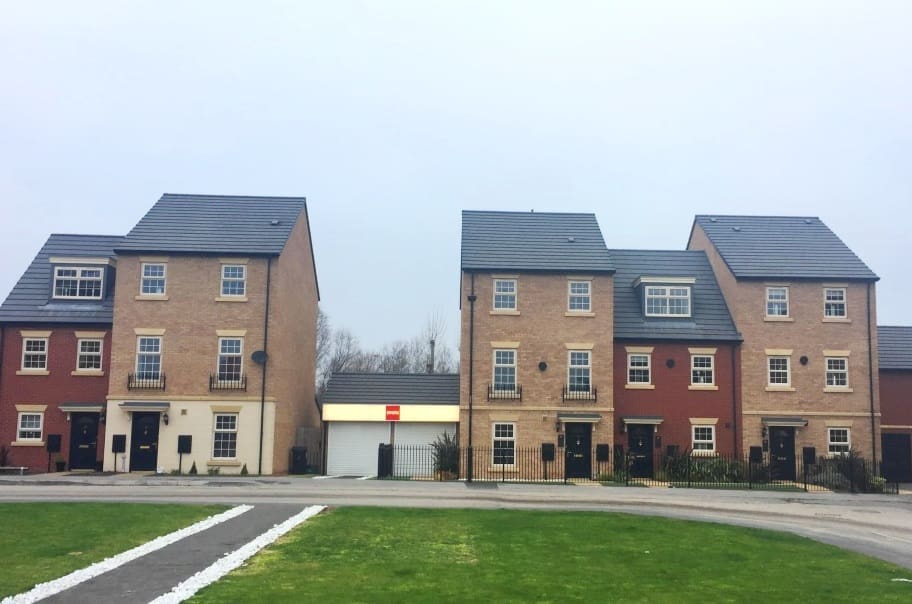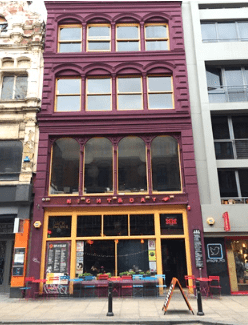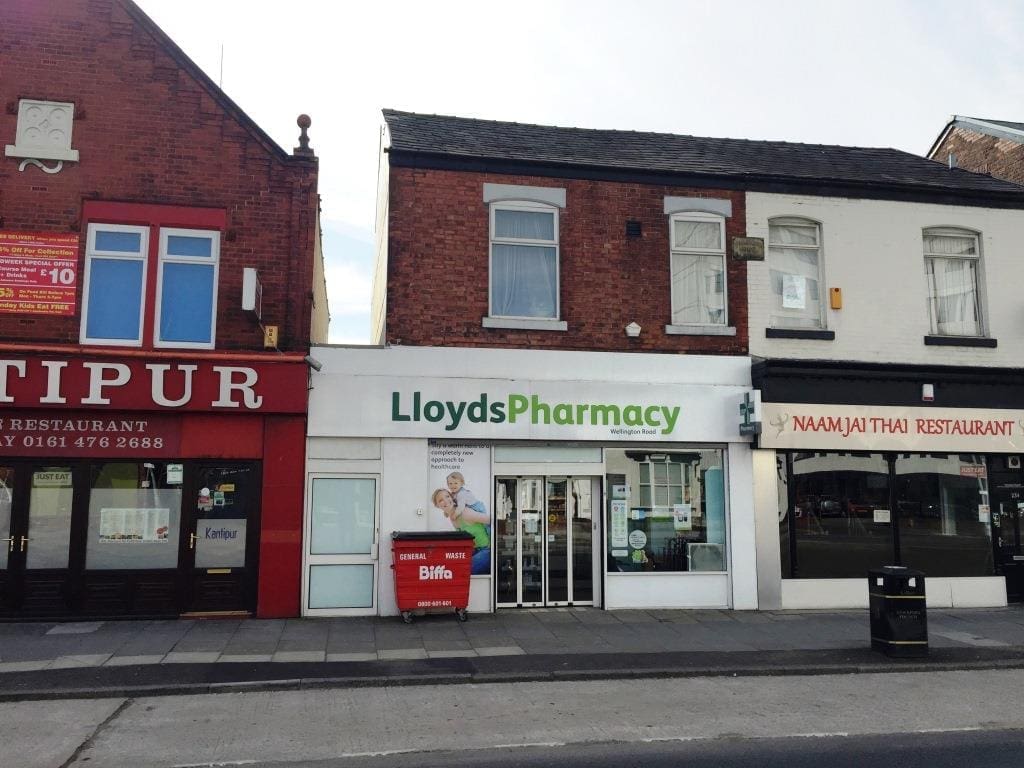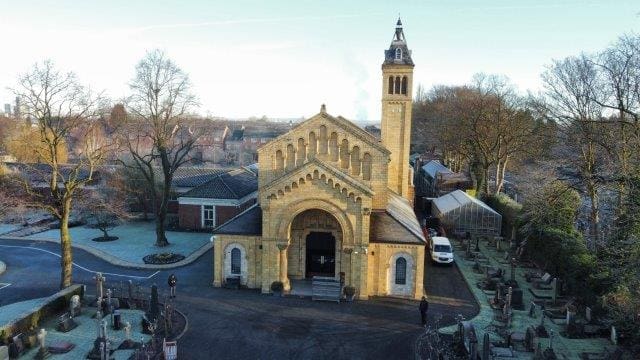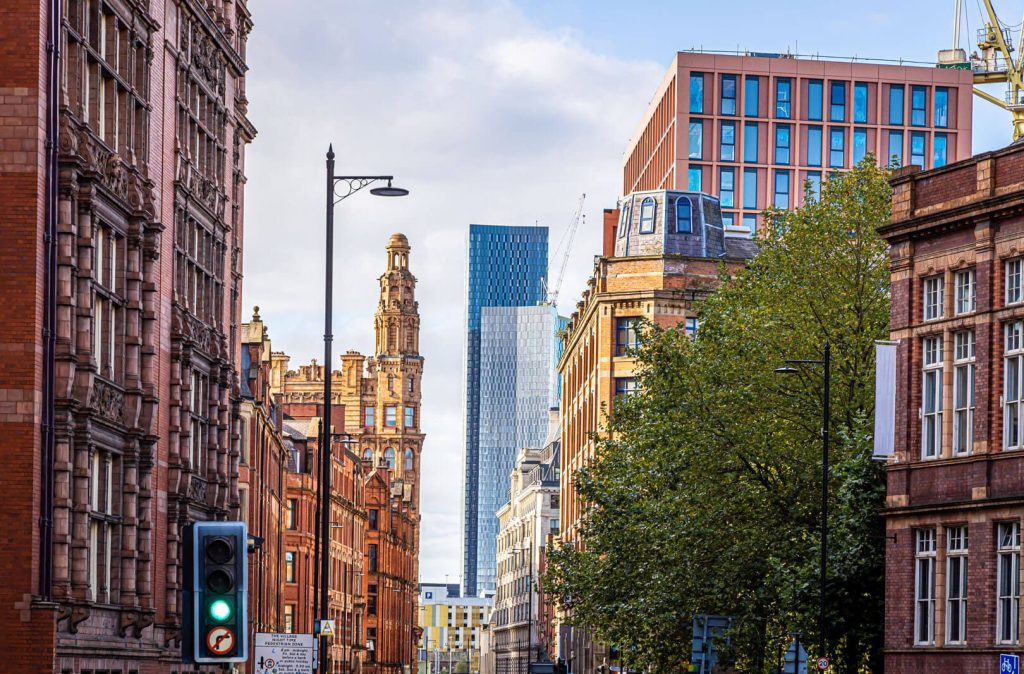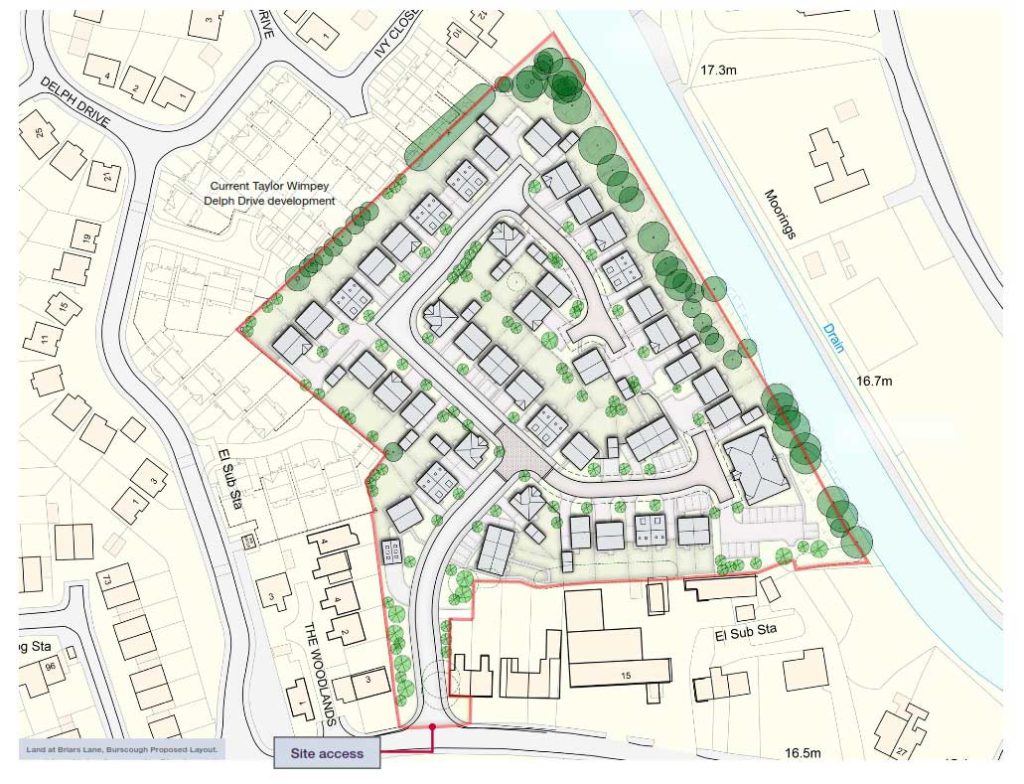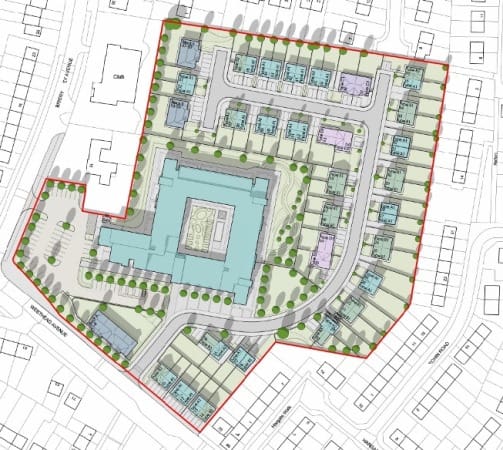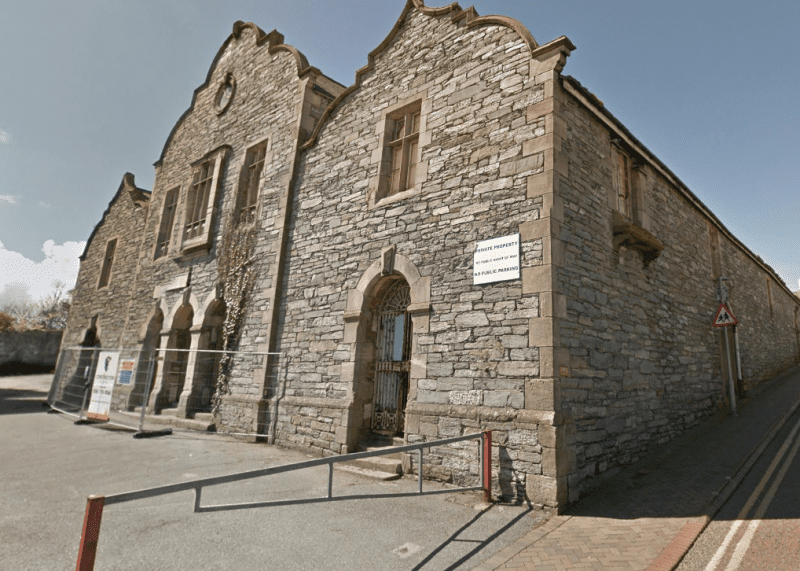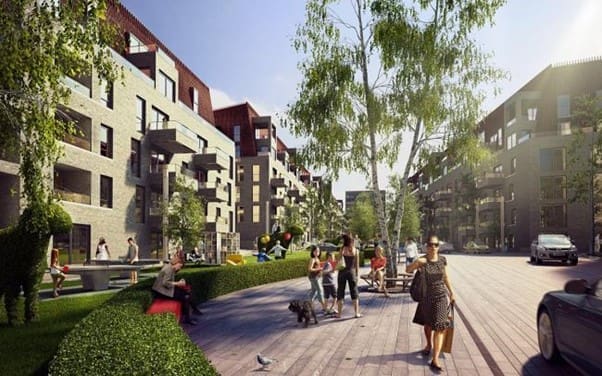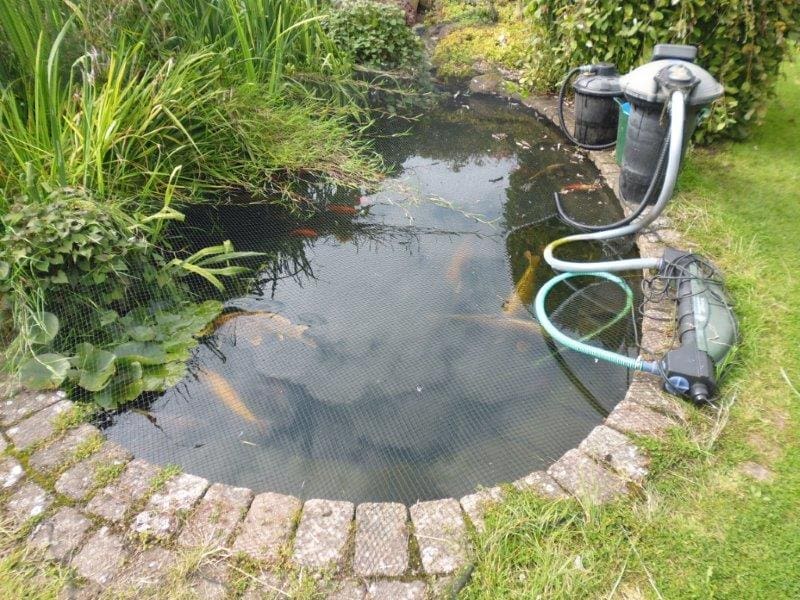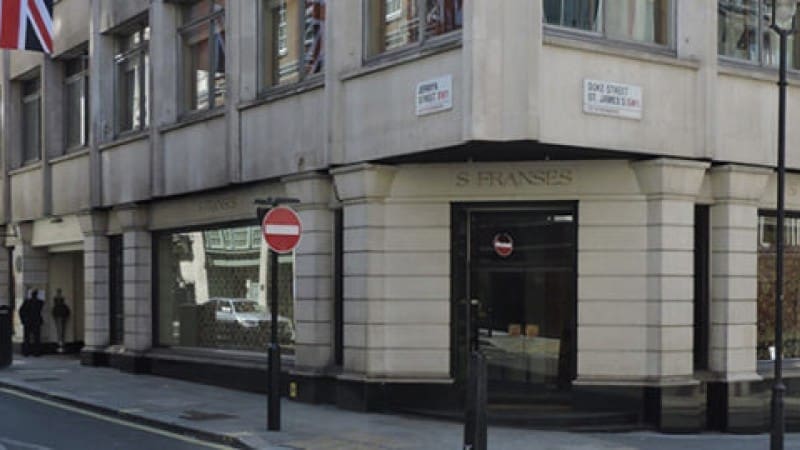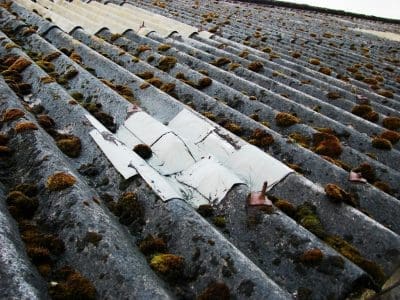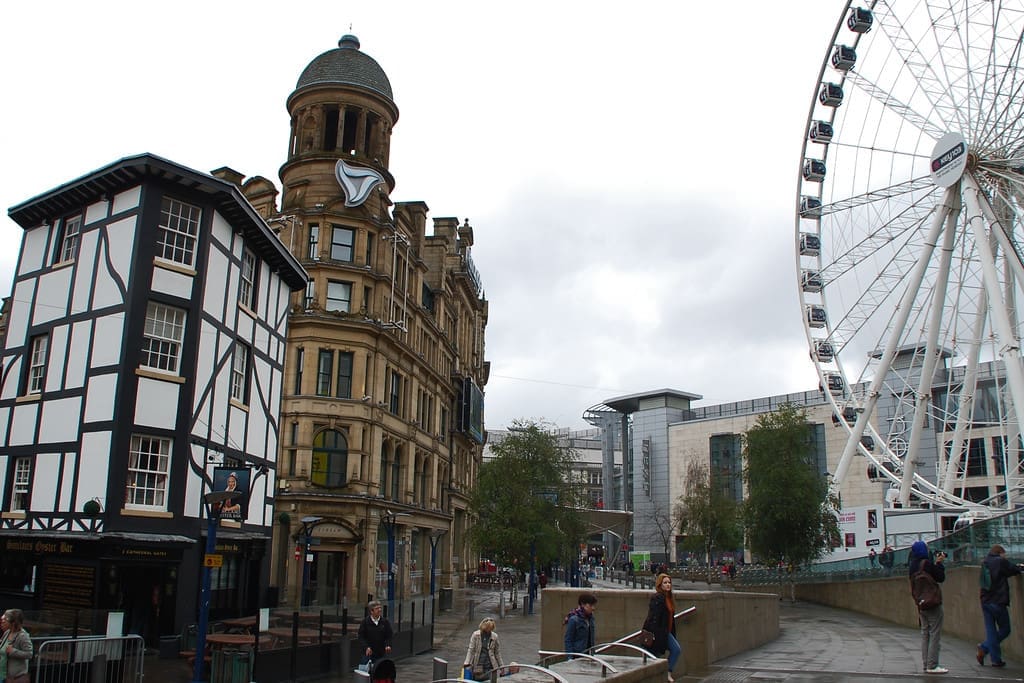Development
Compulsory Acquisition of an Asset of Community Value (ACV)
Roger Hannah has recently advised South Cambridgeshire District Council on a property held as an Asset of Community Value (ACV). Our role was to advise the Council as to the potential compensation which would be payable in accordance with Section 5 of the Land Compensation Act 1961 should the property be subject to a CPO.
Part of this work involved valuing the property based on its existing use and on the special assumption that planning consent was granted for the proposed redevelopment in accordance with a recently submitted planning application.
We also advised as to the steps required in order to obtain a CPO and the legislative considerations which an Acquiring Authority must give to requests received from the community or local body to use their compulsory purchase powers to acquire an ACV.
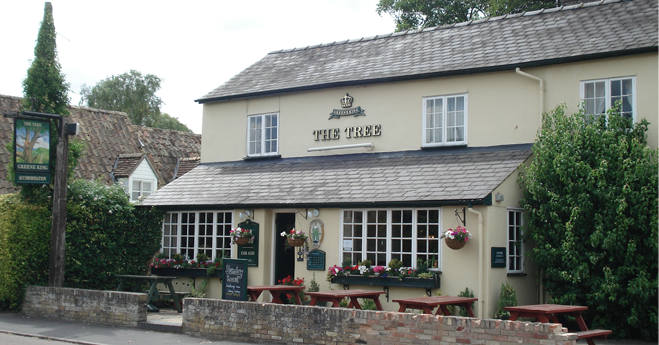
We are focused on understanding the needs of clients. This enables us to provide a high quality service in a timely and effective manner. This focused approach ensures our clients receive added value.
Please contact our expert CPO team or visit our CPO Homepage for further details.







